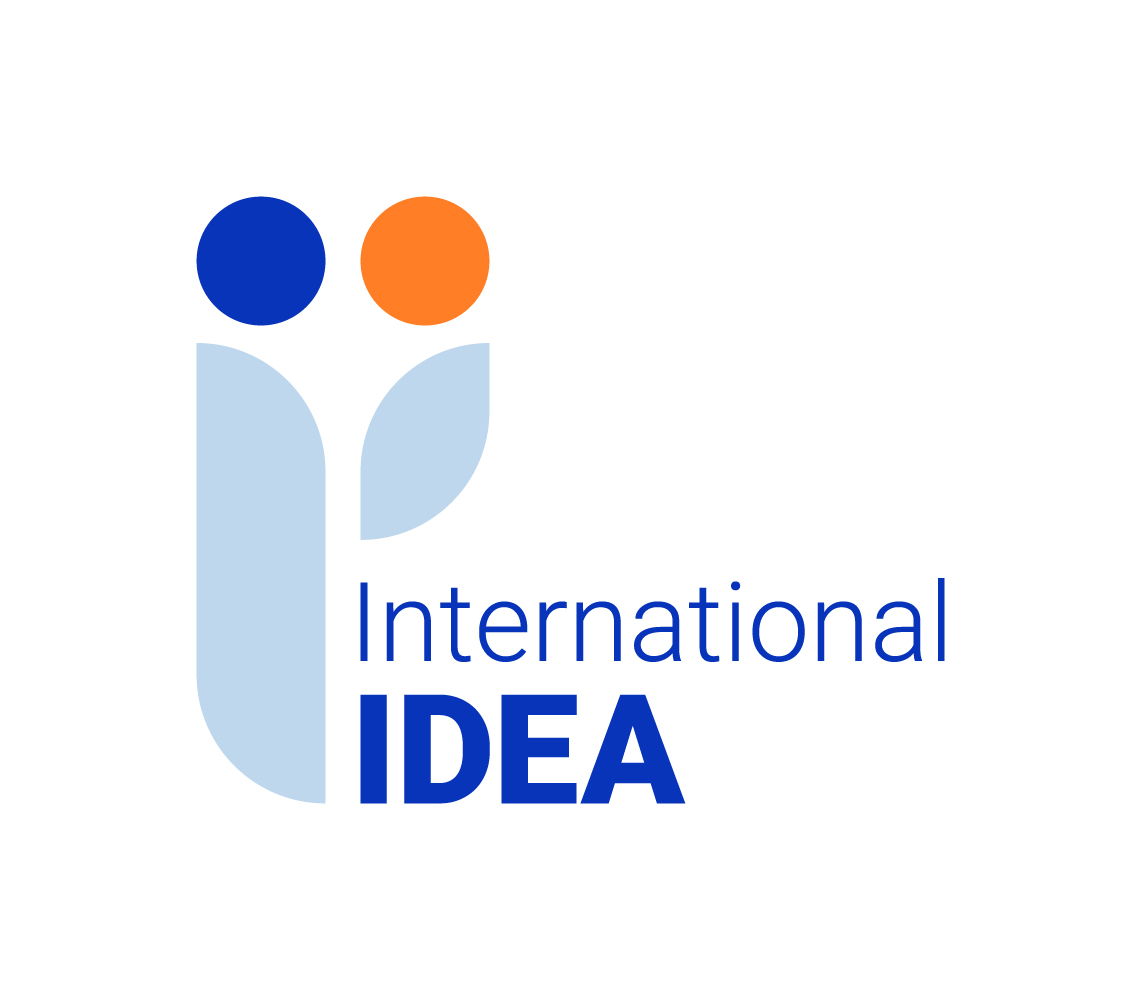Lack of access to political funding presents a huge challenge to women seeking to enter political life today. Only 21% of seats in parliaments globally are held by women, and International IDEA’s work has shown that political finance is one of the key stumbling blocks towards a more equal representation of women in political decision-making.
Search
Region
Country
Type
On the occasion of the 2014 International Women’s Day, International IDEA joins the rest of the world in awareness raising and celebrating women with the theme Empowering change and action. For International IDEA this presents an opportunity to salute all women across the world for defending the rights of women in all spheres of life and the implementation of empowering change and actions.
With women still only constituting 21% of parliamentarians globally, pressure to adopt measures to promote women’s access to political leadership continues to gain momentum.
Throughout 2013, a number of countries across the world took important steps towards redefining their electoral systems to help create a more gender sensitive environment for women seeking political office.
The role of women in the electoral process has traditionally been seen as something limited to their involvement as candidates, and the likelihood of them being elected.
There are many examples across the world of women succeeding in empowering themselves and how they acquired greater influence in political institutions. These range from customary governance in Bougainville, Namibia, Northern Kenya and South Africa, to local governance in Cameroon and Cambodia and across national level institutions in Somaliland and India.
Regional organizations are key players in efforts to promote gender equality. Most have set up legal and institutional frameworks to address gender equality, including women’s political empowerment. They usually have a dedicated committee, commission or directorate that is responsible for gender. And they have a mandate to coordinate, monitor and often implement the regional strategies endorsed by their respective member states.
Democracy is a recognized international goal in its own right. In the Millennium Declaration, UN Member States commit to spare no effort to promote democracy. Supporting democracy around the world is a cornerstone of the foreign and development policies of many donor countries.
Participation and representation are two fundamental elements and principles of democracy. They affirm that a democracy is dependent on its citizens and that this ownership is expressed through meaningful participation by and representation of all citizens in democratic institutions and processes.
Citizens across all continents have used the citizen-led democracy assessments pioneered by International IDEA for the past 10 years. The Institute is now releasing two new resources.
Citizen-led democracy assessments around the world – International IDEA’s State of Democracy assessment frameworks
The film tells the story of citizens assessing the democracy in their country using International IDEA’s State of Democracy assessment frameworks.
This book explores how politics and democracy plays out in reality in Africa as the major aid-receiving continent.
Elections involve much more than organizing a single polling day. Instead they are a continuous process - a huge logistical exercise leading up to the vote, and also dealing with what happens afterwards.
The State of Local Democracy (SoLD) assessment framework is designed to facilitate a citizen-led and -owned approach to assessing the quality of democracy at the local level.
It is a practical resource for citizens to conduct self-assessments of democratic life in their locality, identify democratic strengths and weaknesses, and translate these into reform agendas for further broadening and deepening of their local democracies.
This report identifies hurdles preventing marginalized people from taking active part in customary and democratic decision-making.
It highlights strategies for managing transition from political exclusion to inclusion and identifies lessons that could be adopted by marginalized groups.
The content of a constitution provides a blueprint for the operation of a state, guarantees rights and outlines mechanisms for their enforcement, as well as shapes the future of a nation.
Constitutions that emerge after conflict are often a result of negotiated settlements and competition between many forces including identity-based groups, former parties to conflict, political and military actors and international actors.
Political parties are fundamental pillars of democracy. In young and post-conflict democracies in particular, they have important tasks of undertaking reforms that promote democracy, development and resolve conflicts in a sustainable manner.
This multi-author report identifies critical factors preventing marginalized women’s inclusion in customary and democratic decision-making structures and describes how women have worked in overcoming barriers to their participation.
Women’s participation is a central element of democracy, and the nature and degree of women’s participation is a key indicator of the quality of democratic culture.
A high-level roundtable convened in 2011 gathered 150 policymakers, practitioners and academics working on various aspects of gender equality and democracy to review the UN’s work at the critical juncture between promoting gender equality and strengthening democracy worldwide.
This report presents the conclusions and recommendations from two round-table discussions on the relationship between democratic governance and the achievement of development outcomes held in 2008 and 2011 and co-organized by International IDEA, UN Development Programme, and UN Department of Political Affairs.
This paper presents the conclusions and recommendations from an international round table on ‘Democracy and Human Rights’ held at the United Nations in New York on 11–12 July 2011 and co-organized by International IDEA, the UN Department of Political Affairs and the UN Office of the High Commissioner for Human Rights.

